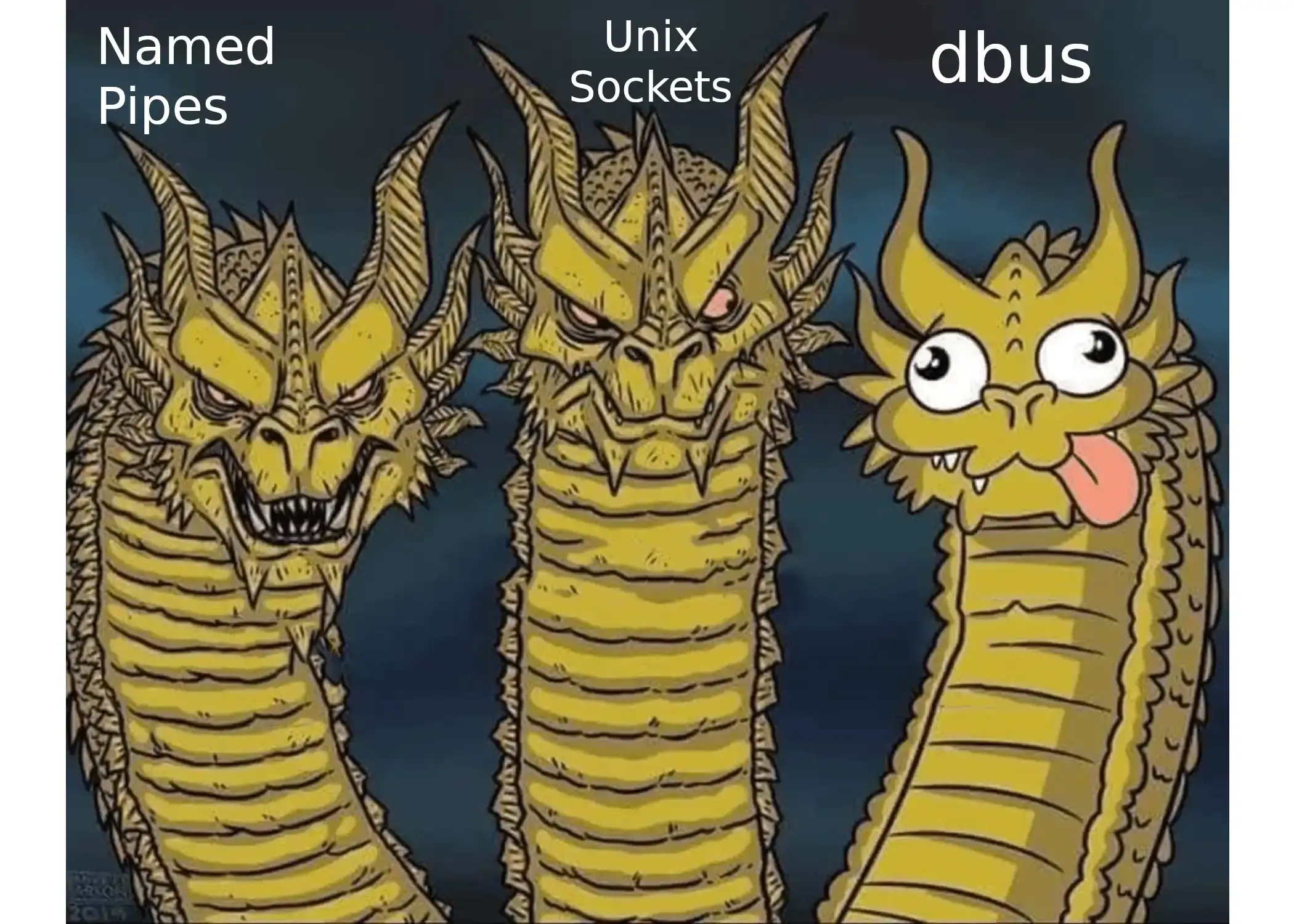this post was submitted on 28 Dec 2023
179 points (80.8% liked)
Linux
48031 readers
794 users here now
From Wikipedia, the free encyclopedia
Linux is a family of open source Unix-like operating systems based on the Linux kernel, an operating system kernel first released on September 17, 1991 by Linus Torvalds. Linux is typically packaged in a Linux distribution (or distro for short).
Distributions include the Linux kernel and supporting system software and libraries, many of which are provided by the GNU Project. Many Linux distributions use the word "Linux" in their name, but the Free Software Foundation uses the name GNU/Linux to emphasize the importance of GNU software, causing some controversy.
Rules
- Posts must be relevant to operating systems running the Linux kernel. GNU/Linux or otherwise.
- No misinformation
- No NSFW content
- No hate speech, bigotry, etc
Related Communities
Community icon by Alpár-Etele Méder, licensed under CC BY 3.0
founded 5 years ago
MODERATORS
you are viewing a single comment's thread
view the rest of the comments
view the rest of the comments

No. DBUS has its roots in freedesktop.org and the KDE+Gnome projects. It's basically a desktop agnostic reimplemented of KDE's DCOP, which was itself a simplified CORBA (gnome was using ORBit at the time, if I recall correctly). DBUS was so useful that the domain spaces its been applied to soon rapidly outgrew the desktop space, and this is why it's usually started earlier these days.
It also works on Windows.
DBus works very poorly on Windows unfortunately.
GNOME also works because Lennart said so.
But I think DBUS was a simpler KDE reimplementatioon of something GNOME did.